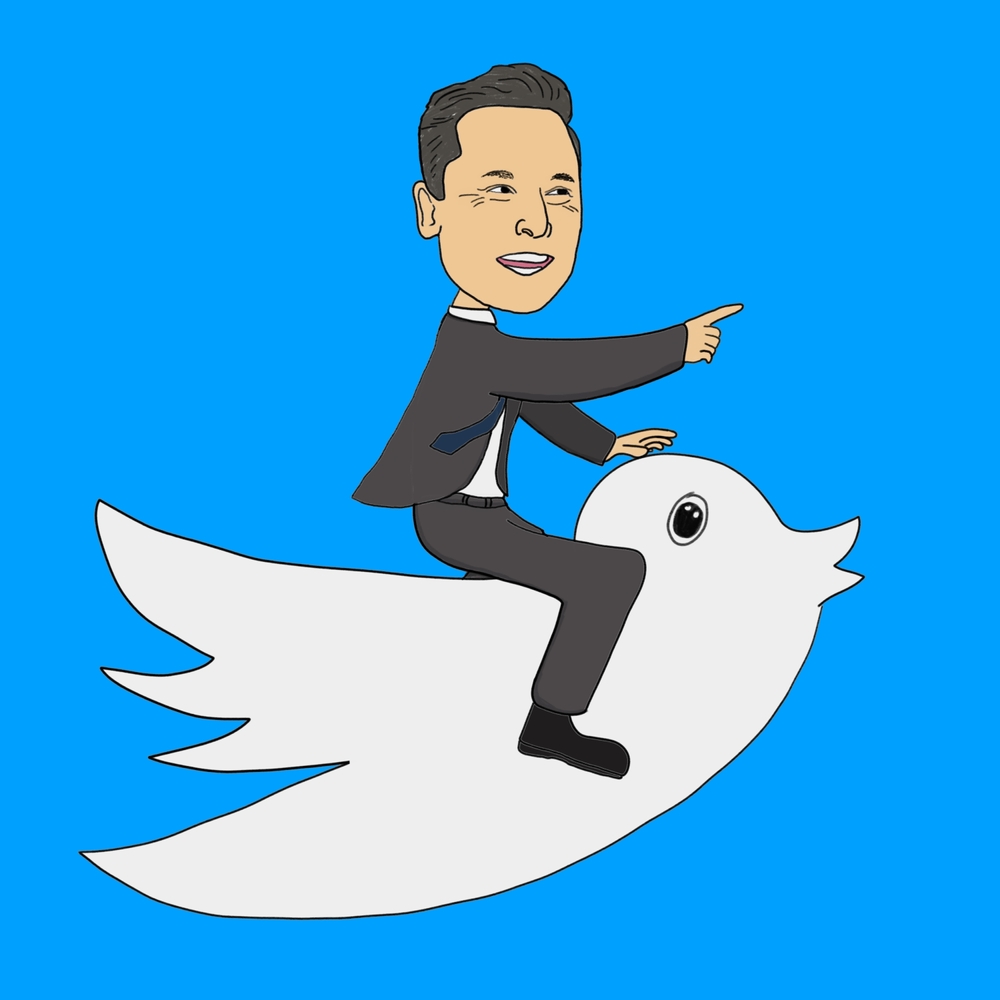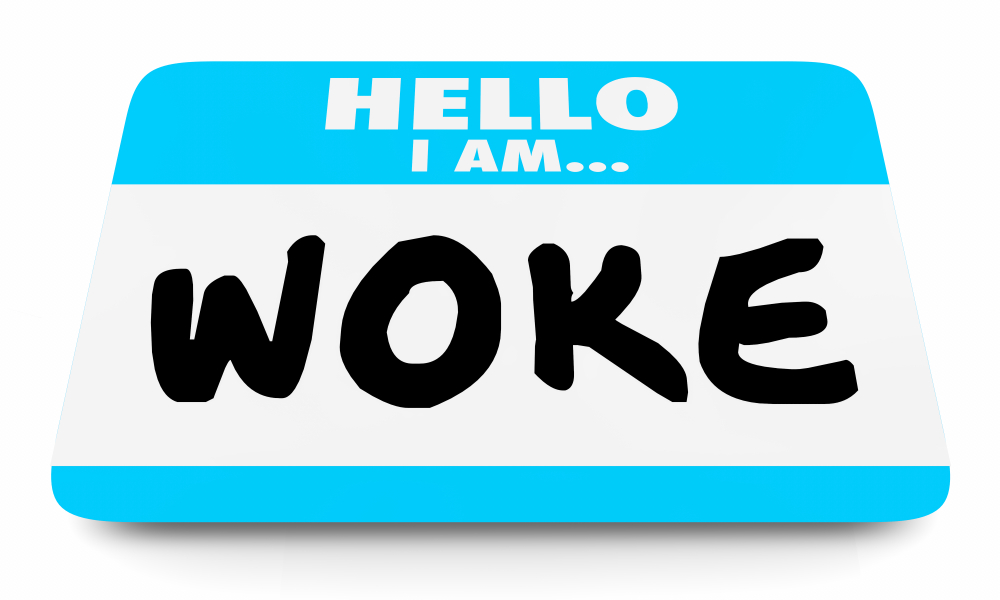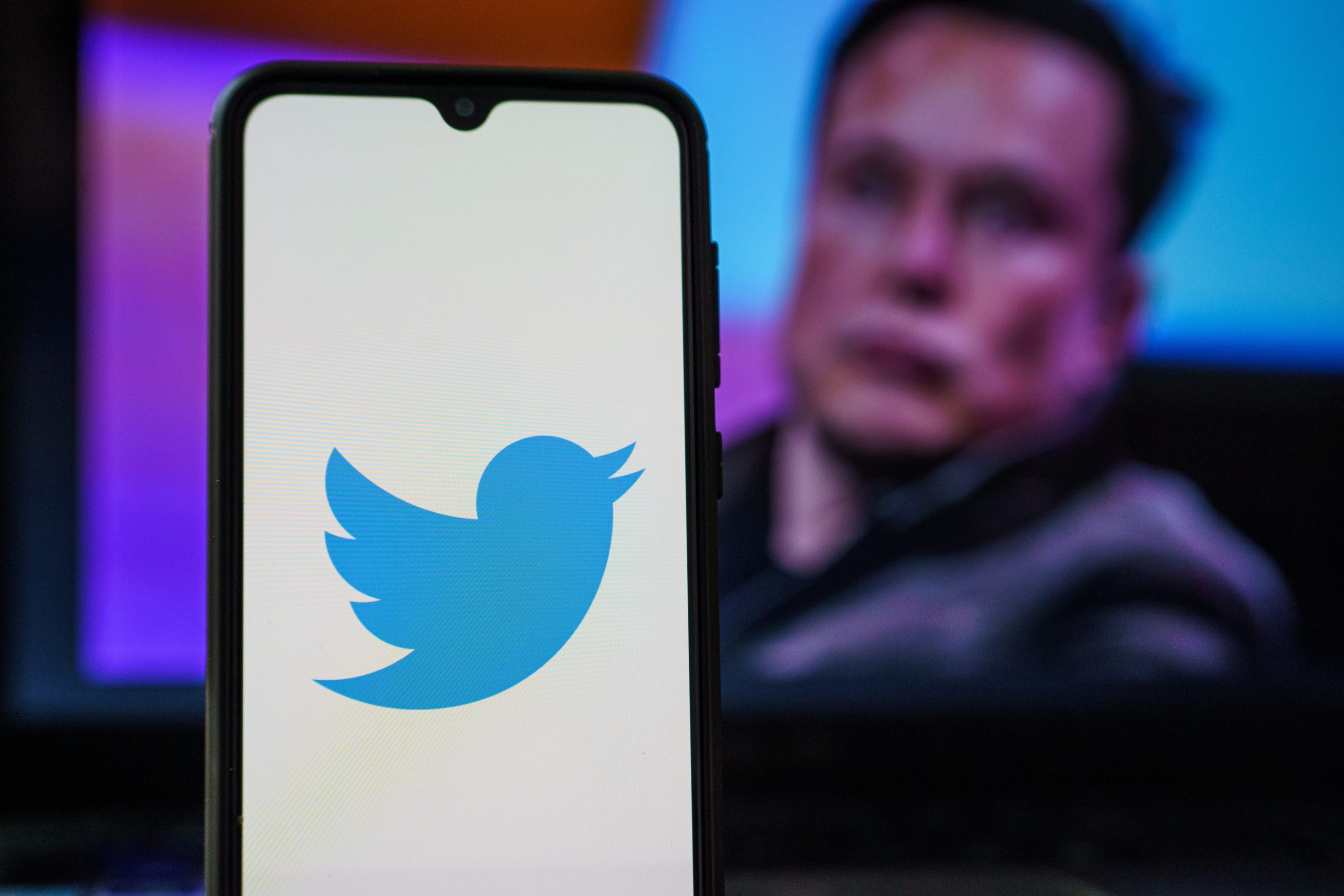
Hopefully, it’s not a new holiday tradition, but Elon Musk’s antics since taking over Twitter less than two months ago are causing analysts, pundits, users – and yes, ME – to wonder just what he’s up to.
I pride myself on being a pretty fair interpreter of the corporate mind. Not every decision from the top are good ones. In fact, many are wrong-headed, poorly planned, or botched on the execution side. From the Edsel to New Coke to Quibi, it’s hard to think of spectacular business debacles. Focusing on the radio broadcasting industry where many JacoBLOG readers work(ed), we may vehemently disagree with a corner office call, but we usually understand where it’s coming from.
So, true confession, I’m watching Elon Musk apparently dismantle Twitter – in record time – and as a long-standing Twitter user, I’m asking myself some basic questions.
What is he thinking? Why would you pay $44 billion for Twitter (clearly an inflated buying price based on membership, usage, and revenue) and then proceed to drive it into the ground – at Mach 3?
While Musk had spent the previous months taunting Twitter management during that period when he made an offer, and then tried to back out of the deal, it wasn’t until he walked through the door on October 26 that it was “game on,” starting with the symbolic kitchen sink:
Entering Twitter HQ – let that sink in! pic.twitter.com/D68z4K2wq7
— Elon Musk (@elonmusk) October 26, 2022
Unlike some corporate teams that keep their strategies carefully under wraps, Musk is like an open book. Seemingly team-less, he’s the multi-billionaire on a mission that many don’t exactly understand, present company included.
It feels like a format change, all right. In radio, a flip from Country to Classic Hip-Hop usually goes down quickly. The old staff is fired, the salespeople are notified, and at 5pm on a Friday, the new music, branding, positioning, and production kicks in, and it’s a new era for that frequency.
That’s not the Elon Musk plan.
This is like a format change in excruciatingly SLOW MOTION.
Every day brings more chaos. Mass firings, rehirings, new features added but then put on hold, refusal to pay rent, new policies and protocols installed, old ones jettisoned. And then there’s the flip-flopping. Journalists are banned. Then they’re reinstated. And ideas are being floated. Longer tweets, edited tweets, blue checkmarks, controversial reinstatements, and even more hand-wringing bans.
And it’s Elon who’s on the edge, doing his own version of “tweet storms,” not unlike another leader we know too well. And yes, somehow Donald Trump won a “user vote” and has been welcomed back on the platform. But Kanye West has been banned.
He’s using Twitter polls as referenda on the platform. After all, if “the people have spoken,” it’s all good. Except that’s no way to run a company, much less a social media platform with hundreds of millions of users.
Reinstate former President Trump
— Elon Musk (@elonmusk) November 19, 2022
In radio, we have a phrase for stations that are clueless and keep making wild changes – they’re members of the “Format of the Month Club.” Well, if you’re on Twitter, the format is changing on a daily basis.
Social platforms need rules, common understandings, and rational policies so users (after all, we are the product) clearly know and understand the limits. We are now seeing what happens when social is allowed to run amok.
 But a New York Times article this past weekend suggests that many Silicon Valley execs are (privately) rooting for Musk to prevail. They generally approve of his policies, particularly the way he’s pushing back against a workforce that’s “too woke.”
But a New York Times article this past weekend suggests that many Silicon Valley execs are (privately) rooting for Musk to prevail. They generally approve of his policies, particularly the way he’s pushing back against a workforce that’s “too woke.”
In “Elon Musk, Management Guru?” Kevin Roose describes “bossism,” a concept coined by writer John Ganz. The gist? “A belief that the people who build and run important tech companies have ceded too much power to the entitled, lazy, overly woke people who work for them and need to start clawing it back.”
Clearly, the boss/employee relationship has been warped by COVID, and many financiers and execs are pulling for Musk to rein his workforce in. Or get rid of them if they don’t work harder, longer, and in the office.
Screw the kid gloves. It’s now about the iron fist. And Elon personifies it since his reluctant purchase of Twitter.
Especially in the tech sector – but media and broadcasting companies can relate – Musk’s actions are a pushback against “spoiled employees.” As he notes, many employers have “bent over backward to give in to worker demands – D.E.I. workshops, flexible remote work policies, company wellness days – to keep them happy and prevent them from jumping ship to a competitor.”
Not Musk.
 The trend where the CEO is the face of the company is not a new one. William Randolph Hearst was that hard-driving uber boss when he built his newspaper empire more than a century ago, and it is hard to argue that was a positive chapter for American democracy. That’s when the term “yellow journalism” was born.
The trend where the CEO is the face of the company is not a new one. William Randolph Hearst was that hard-driving uber boss when he built his newspaper empire more than a century ago, and it is hard to argue that was a positive chapter for American democracy. That’s when the term “yellow journalism” was born.
In modern day corporate America – especially in the tech sector – Mark Zuckerberg, Jeff Bezos, and of course, Steve Jobs all fit the description of “CEO celebrity.”
In radio, a sort of “bossism” emerges every time Radio Ink does its buildup to the naming – or coronating – of the 40 executives designated each year as “Most Powerful.”
coronating – of the 40 executives designated each year as “Most Powerful.”
Maybe that’s the way the game should be played. But thanks in no small part to Musk’s moves in just the past several weeks, tech CEOs – and I suspect – other corporate leaders are looking to Elon for inspiration to see what they can get away with.
In the Times article, Roy Bahat, a VC with Bloomberg Beta calls Musk’s Twitter escapades a “living natural experiment.”
I, for one, don’t want to be a guinea pig. That’s why I’m seriously considering shuttering my Twitter account I’ve happily used since September ’08. I’ve built up a nice following on this platform, made many nice connections, learned a great deal, and have had the opportunity to “meet” many smart and influential people along the Twiitersphere.
 After all, Twitter won’t miss me. I don’t even have (nor did I buy) a blue checkmark. When you’re one of the richest men in the world, maybe all of this doesn’t matter. But for those of us who rely on these types of communities, it matters very much.
After all, Twitter won’t miss me. I don’t even have (nor did I buy) a blue checkmark. When you’re one of the richest men in the world, maybe all of this doesn’t matter. But for those of us who rely on these types of communities, it matters very much.
I’m in radio. I’m used to chaos. But never on this scale.
I keep waiting for Jeff Goldblum to show up like he did in “Jurassic Park” to explain the “chaos theory” that is Twitter. But he’s probably been banned from the platform, too.
So, what’s next for Twitter? I don’t know. I don’t think Elon does either.
What should Twitter do next?
— Elon Musk (@elonmusk) November 18, 2022
Addendum: The comments today on my Facebook page to this post are incendiary, clever, and provocative. Please add to the conversation. Head here. – FJ
Special thanks to Etsy’s storeowner Mr. Bear for letting us use his Elon doll/dog toy in this post. If you’d like one of your very own to play the home version of “Elon on the Edge” or to watch to see what your pooch does, they’re under $50 and ship free. According to the site, there were just 8 left when the blog published. Go here for details and/or to buy one of your very own.
- Media And Technology In 2025: Believe It Or Not! - April 18, 2025
- In Radio, You Just Never Know - April 17, 2025
- The Secret To Making A Great Podcast (And Great Radio) - April 16, 2025




The latest Elon poll, out this morning, is his question to the Twittersphere whether he should step down as CEO of the company. The answer was yes, he should, by about 58% to 42%. Will he honor this poll? It’s telling when, more and more often on podcasts I listen to, speakers and guests who sign off with their Twitter handles are now routinely adding the phrase “for now.”
If Musk had just thrown his $44 billion onto a bonfire, at least some of the homeless folk in the area would’ve had some warmth.
John, I don’t get it either. But today’s post focuses on different interpretations of what Musk is apparently doing. Perhaps not surprisingly, it morphed into a referendum on radio.
I have no idea what Musk is doing. Whatever it is, it’s very entertaining, coming from someone who never took Twitter that seriously in the first place.
I’ll add two points:
1) Whenever we did the “spokesperson” campaign and asked for audience input, we always had every step planned beforehand. I don’t know whether Musk does or doesn’t, but it leads me to point 2.
2) Musk didn’t become the wealthiest man in the world because he is stupid. He reinvented automobile manufacturing and distribution from the ground up – where established players failed. He basically re-defined space exploration with Space-X.
For all, I know, Twitter is a vanity project for Musk or the biggest mistake of his life. On the other hand, he has succeeded by disrupting before. The true difference this time is he is on the politically incorrect side.
You are right – we were always several moves ahead with “spokesperson.” And when we recommended it to clients we insisted they have a series of several “improvements” prepped and ready to go.
I don’t quite understand what he’s doing either. Musk is an innovator who has enjoyed wild success. That has to go to your head, making the case you can fix/turn around anything. I will say this – it’s one thing to do a startup from scratch then it is to turn around a problematic company like Twitter.
Since I wrote the two posts, it looks like Musk is paving the runway to his departure. I’m sure investors in Space X, Tesla, and twitter are happy with that outcome.
The Twitter “polls” are at best non-scientific, and at worst a possible scam. How do we know he’s not just making up numbers and throwing them out to generate traffic; especially the one asking him to go. Ha.
And as to comparing Musk’s pronunciations to a CEO caving in to DEI work…I’m not sure there’s a strong parallel there. Yes, he’s throwing a tantrum, outwardly and to his customers and users…in essence trying to “own the libs”. But that’s in my opinion different than a CEO internally telling employees who ask for equity movement and initiatives to “go pound sand”. You could make the case that both responses are motivated by some perceived rebellion against “woke-ism”, but in the case of Twitter, Musk knows that there are hard-core Magas (users) who are cheering his every move and pumping page views/traffic. So he can make the case that it’s not going to hurt traffic and might even help. (that of course ignores the fears of advertisers). But for a CEO to turn on his/her employees re: DEI initiatives…that’s a rhetorical death wish, or at minimum inviting a union, and all kinds of external scrutiny fueled by employees on social media.
I think we can all agree that this is a very interesting case study – ongoing. And, I’m with you on deciding whether to remain a Twitter user.
Tim, I just wish he’s go back to Tesla and turn Twitter over to someone (or a team) who truly understands the space. Thanks for the comment.